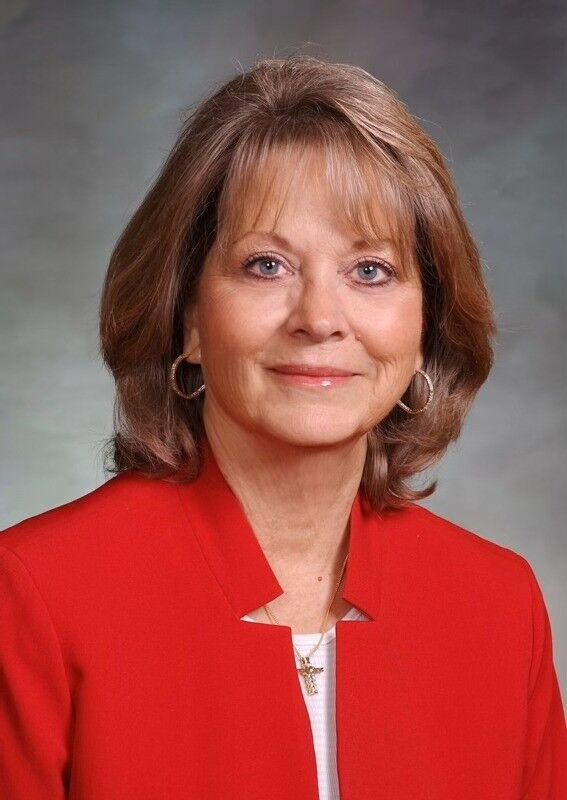Johnston proposal empowers Denverites to manifest more housing | POINT

Lisa LaBriola
The high cost of housing has long been a leading political issue for Coloradans. With inflation, lack of supply and increased demand, the median home price has doubled in nine Colorado cities within the last decade. At the state level, legislators have debated and passed proposals each session for several years to increase the amount of attainable housing. Municipalities have jumped into the fray in search of a silver bullet solution, as well. This week, Denver Mayor Mike Johnston introduced an initiative for November’s ballot to increase sales tax by 0.5% to raise $100 million a year for housing projects. The new fund would give housing opportunities to people across the income spectrum, including extremely low-income, low-income and middle-income earners. This includes things like preserving existing income-restricted condos and rental units and the construction of new multifamily rental units, among other things.
Colorado has experienced population growth during the past decade with an average annual increase of 75,000 people. This coupled with an already low housing supply has made it challenging for low- and moderate-income families to afford housing. This includes many of our essential workers like teachers, health care providers, service industry employees and many others to be unable to live in the same areas in which they work. According to The Real Deal, “Homeownership in the Centennial State fell 7 percent in the fourth quarter to 62.7 percent of households, from 69.7 percent at the end of 2022”.
Do local governments deserve the money they want for housing? | COUNTERPOINT
Mayor Johnston’s new proposal stands out because it empowers Denverites to decide their future. It’s not a top-down mandate, but a democratic choice at the ballot box for the city’s voters, offering a clear path to creating more housing options. The funds raised would support a range of housing solutions, benefiting a broad spectrum of income levels. By preserving existing income-restricted condos and rental units and constructing new multifamily rental units, the initiative ensures various housing needs are addressed.
Stay up to speed: Sign up for daily opinion in your inbox Monday-Friday
Moreover, affordable housing is not just a social good; it is an economic necessity. Stable housing enables essential workers to live near their jobs, reducing commute times and fostering a more resilient local economy. It also contributes to community stability, better health outcomes and improved educational performance for children.
Ultimately, the decision rests with Denver voters, who must weigh the benefits of increasing housing options in the community against the effect of higher sales taxes. While we wait and see what Denver voters decide, could this be a future blueprint offered by other local governments in Colorado?
Lisa LaBriola is a principal at Husch Blackwell Strategies and was a Senate Democrat staffer for close to a decade. She served as chief of staff to former Senate Minority Leader Lucia Guzman and former Senate President Leroy Garcia. Opinions expressed here are her own and do not reflect the opinions of any other organizations.











